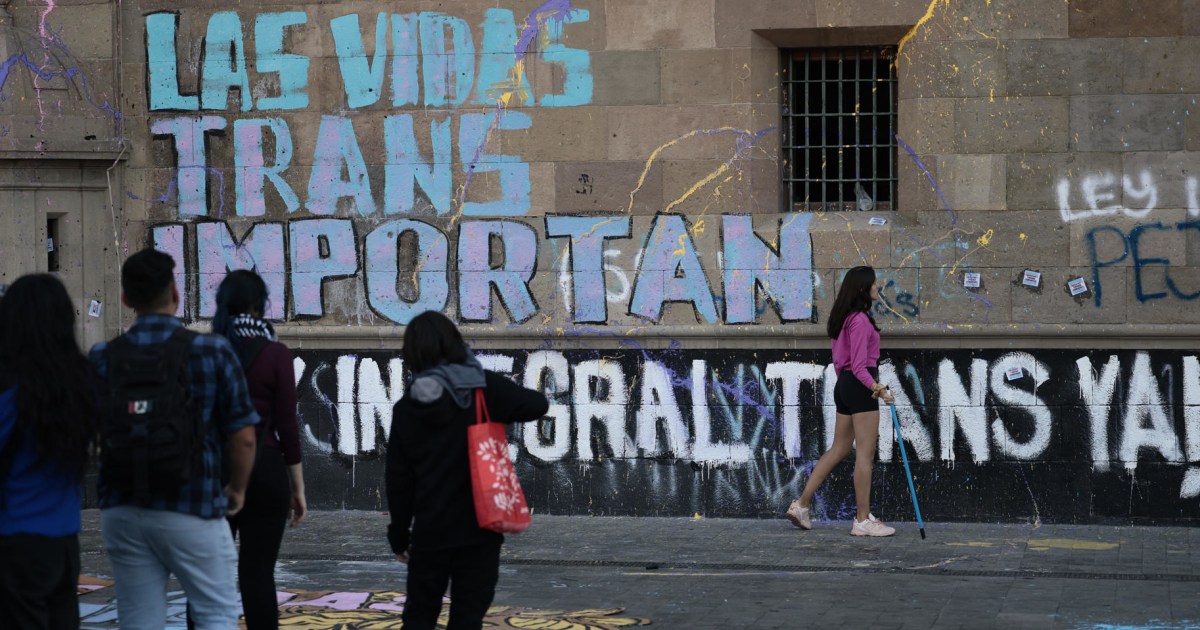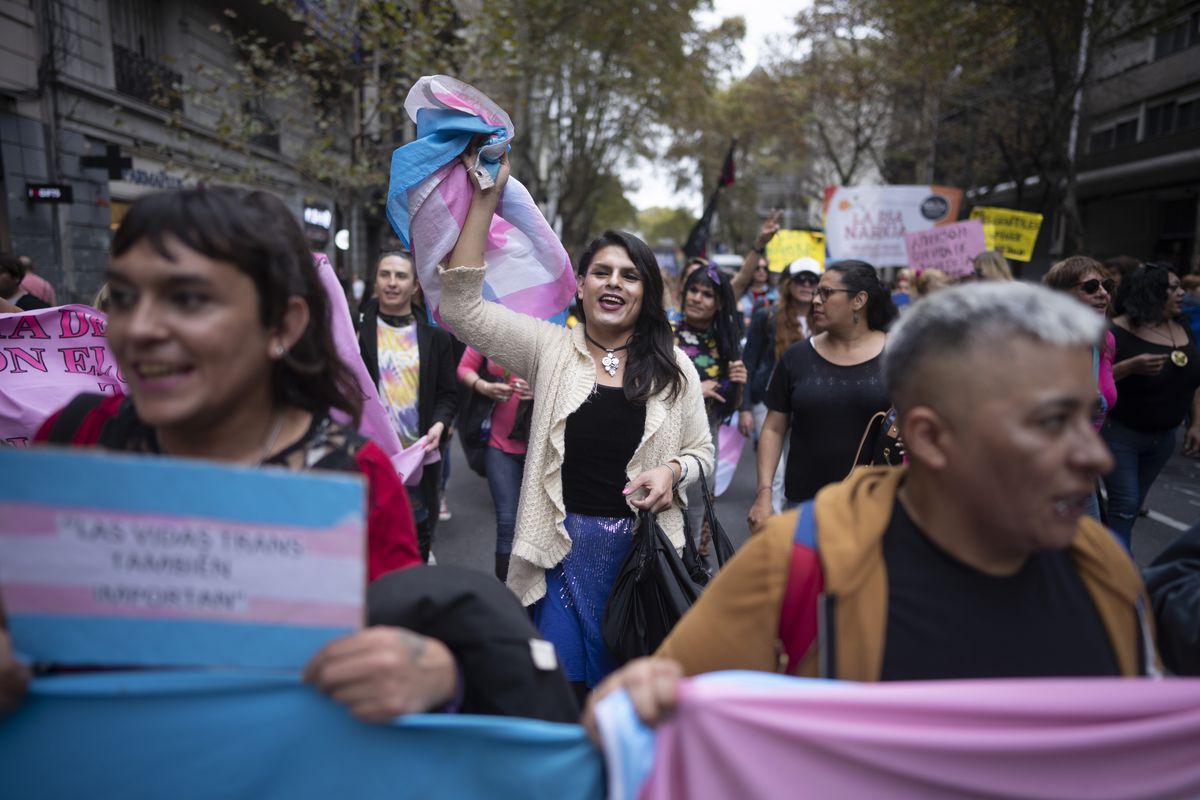"The pajubá was very useful, it saved many lives," says Jovanna Baby, with several decades of activism behind her.
She remembers the night she was prostituting herself in the streets of downtown Vitória, in southeastern Brazil, when she was surprised by a police raid.
It was 1978, in full military dictatorship.
“The police would arrive suddenly in buses and it was very dangerous.
That day we organized a word-of-mouth strategy with a message: ´Os alibãs vão acuendar uó´ ('The police are coming to arrest us').
The alert notice spread quickly and that day they did not manage to take anyone.
Those who understood it managed to save themselves, because they hid in the hotels”, recalls Baby proudly.
The origins of pajubá (or bajubá in some regions of Brazil) are very nebulous, but it is clear that it is street and nocturnal.
It is often said that it was born in the sixties and seventies, during the Brazilian military dictatorship, as a response of the LGTBI collective to repression, especially in the case of trans women who worked in the street and suffered beatings and arbitrary arrests on a daily basis.
But its origin is much earlier, since most of the words were borrowed from the Yoruba-Nagô, which arrived in Brazil with the first enslaved Africans.
The hodgepodge of loose words and expressions that Baby and her companions used ended up configuring a kind of dialect that served to mislead both the police and potentially dangerous clients.
Most of the terms, many of them very different from Portuguese, are associated with marginal environments to which many trans women and transvestites were forced.
Baby immediately perceived the potential that these words that were already in the air had as a tool of resistance.
She thought she had to take it a little more seriously.
In 1992, during a meeting to talk about HIV prevention, he proposed to create a primer to compile all those words.
"We wanted to have a manual to teach the youngest who were going to arrive, to use it on days of police actions," she explains;
so Baby, who at that time was working at night in Rio de Janeiro, created a kind of congress with the prostitutes of Lapa, Glória and Copacabana.
“Each one brought a little bit,” she recalls.
That repertoire was condensed in the book
Diálogo de bonecas
(
Dialogue of dolls
), which Baby organized and which is the first written record of pajubá.
That same year, ASTRAL, the Association of Transvestites and Released, was born, the first trans association in Brazil and Latin America.
The pajubá primer served to 'evangelize' the compañeras, but it also had an unwanted effect: the dialect began to be known in other circles.
From marginality to pop culture
In the end, it was unavoidable.
Little by little, the secret language of trans and transvestites was adopted by the entire LGTBI community.
In 2006, journalists Fred Libi and Angelo Vip published
Aurélia, a dictionary of the afilad
'language, which was sold as the first dictionary of gay expressions in Brazil.
He parodied the famous Aurélio, the respected dictionary with which generations of Brazilians grew up.
More recently, transvestite singer and activist Linn da Quebrada released an acclaimed album titled
Pajubá
, and last year she participated in Big Brother, bringing many expressions to families' homes at prime time.
The Portuguese dubbing of the famous reality show
RuPaul's Drag Race
also incorporates many words from Pajubá, which four years ago even slipped into the university entrance exams.
More than five million students had to answer about the requirements that make this "linguistic heritage" have dialect status.
The extreme right was furious and the then Minister of Education had to go out and explain.
But the truth is that pajubá is already part of everyday life, especially in circles of gay friends, where words like
mona
(woman or effeminate gay),
bofe
(straight man or active gay),
uó
(something bad) or
bafo
( a very strong gossip) are already very assimilated.
For the professor of the Federal University of the West of Bahia (UFOB) Carlos Henrique Lucas Lima, Pajubá, more than a language or a dialect, is a culture, since it cannot be understood without the social and cultural experiences of a very specific plot of the LGBTI community.
“And particularly from people of color, non-white people;
that is not something of minor importance”, points out the author of the book
Lenguajes Pajubeyras: cultural re(ex)sistence and subversion of heteronormativity
.
Many of the first speakers of Pajubá were assiduous at
terreiros
of Umbanda and Candomblé, the Afro-Brazilian religions, safe spaces where they were not persecuted and that served as a refuge for the many who had to leave home to reveal their identity.
Between rites dedicated to the orixás and the caboclos, the transvestites incorporated the words.
For Lima, this process of "anthropophagy" was key and should not be forgotten, even though pajubá has already entered the domains of pop culture.
Baby, who now coordinates from the state of Piauí the National Forum of Black and Black Transsexuals and Transvestites (Fonatrans), and claims to have invented many of the words of the dialect, says that there was some cultural appropriation and that the role of the pioneers properly: "Today I feel happy to see the pajubá even in soap operas, but it is sad that there is not a more active search for ancestrality," he laments.
Subscribe here to the EL PAÍS América newsletter and receive all the key information on current affairs in the region.


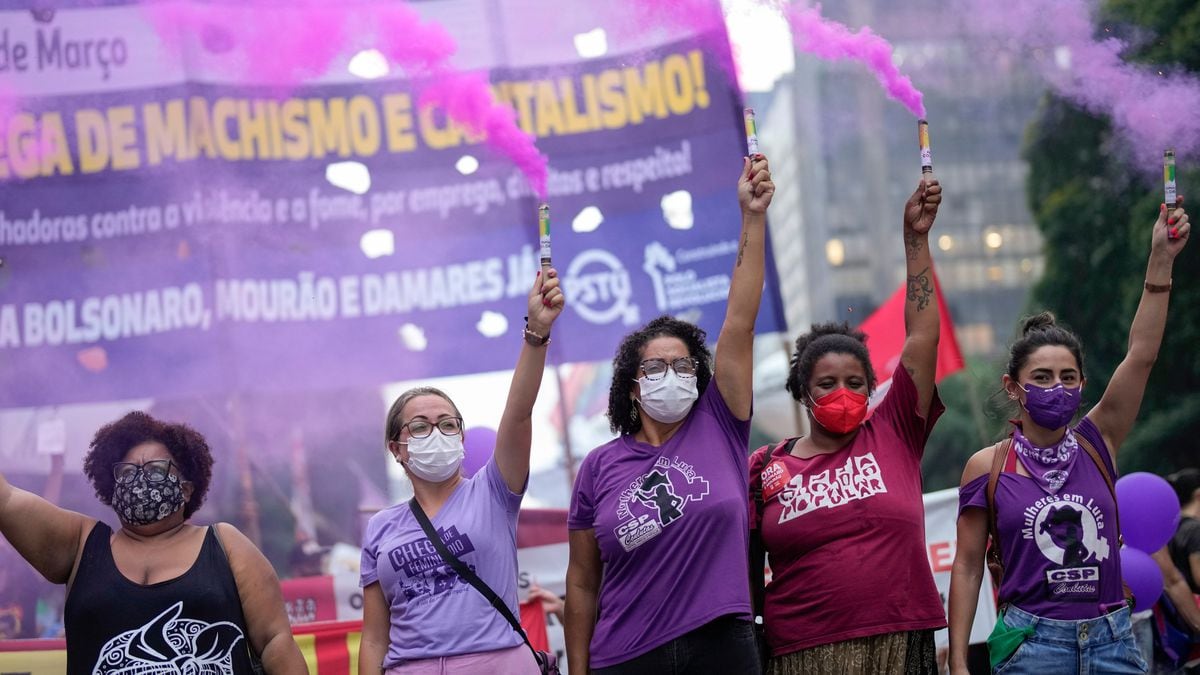
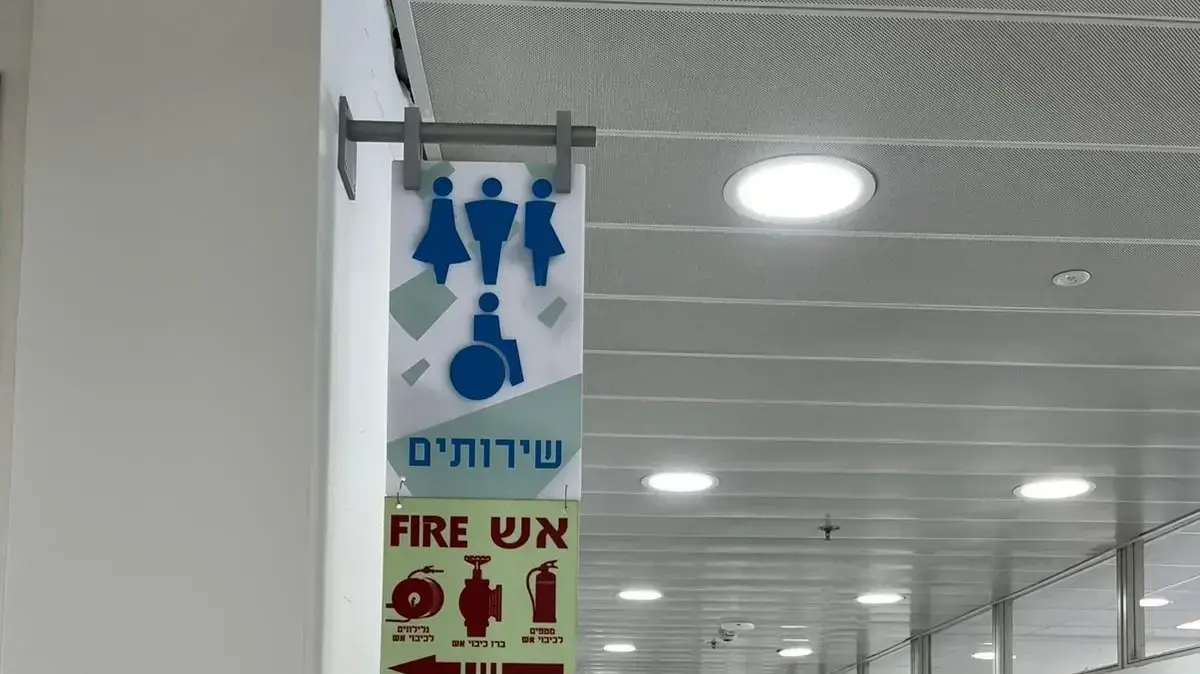
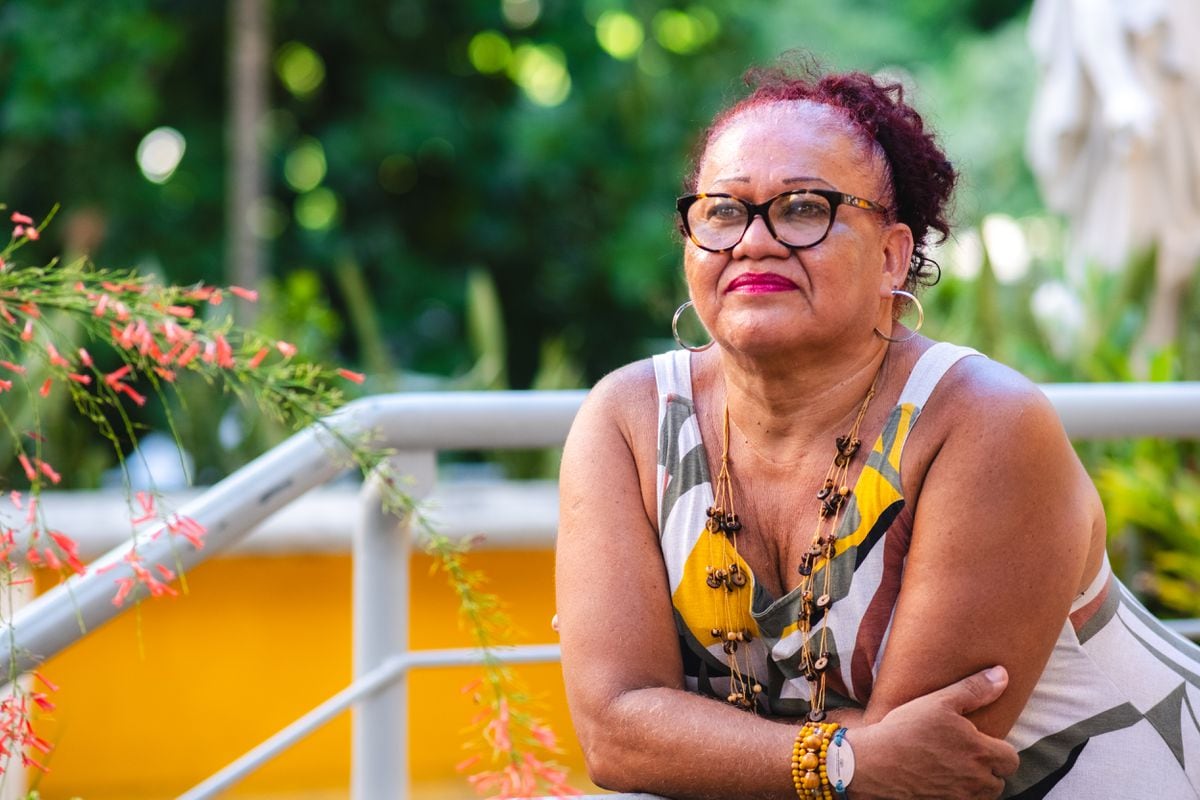
/cloudfront-eu-central-1.images.arcpublishing.com/prisa/MG6G7DJUBNBLRNE2DSTK4WZYTY.jpg)
